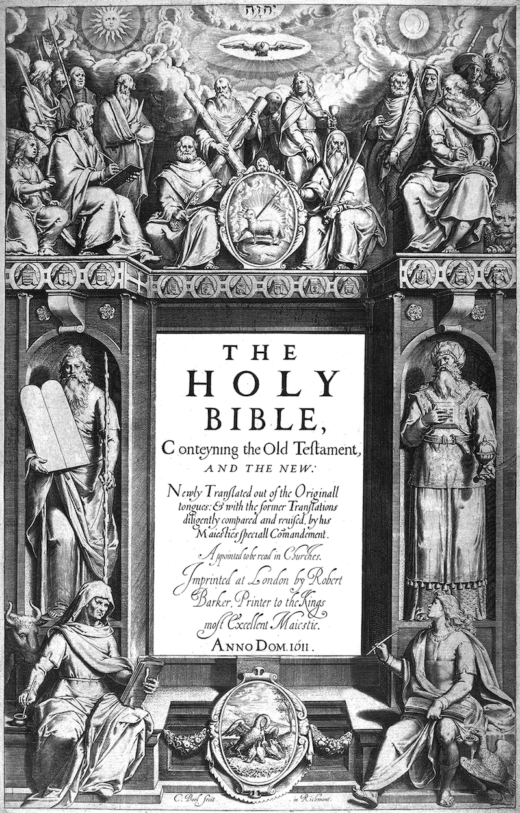Pope criticises, Anjem embarrasses
It’s depressing to see Muslims once again resorting to violence in response, no doubt, to rumours about what the Pope may or may not have said in his speech at Regensburg last week (extracts at the BBC’s website, with a full translation in PDF, [here](http://news.bbc.co.uk/1/hi/world/europe/5348456.stm)). The news today reports that a Catholic nun has been murdered in Mogadishu, that a so-called cleric in the same city has called on Muslims to hunt the pope down and kill him, and that churches in Palestine have been vandalised (I thought Muslims and Christians in Palestine were supposed to be on the same side). Most depressingly of all, though perhaps not surprisingly, the usual small group of extremists turned up outside Westminster cathedral – I can’t find it on any news website (though there are some pictures on [this blog](http://catholiclondoner.blogspot.com/2006/09/very-rushed-post.html)), but the BBC TV News interviewed one of the demonstrators, Anjem Choudhary, identifying him as being from a “Muslim radical group”. Given that all his radical groups are banned, I’d like to ask: which one does he represent now? (More: [Izzy Mo](http://izzymo.wordpress.com/2006/09/17/when-you-just-dont-care-enough-redux/), [Abu Eesa](http://islamiblog.blogspot.com/2006/09/popes-comments-are-nothing-new-so-i.html), Osama Saeed [[1]](http://www.osamasaeed.org/osama/2006/09/pope_on_forced_.html), [[2]](http://www.osamasaeed.org/osama/2006/09/background_on_p.html), [[3]](http://www.osamasaeed.org/osama/2006/09/what_a_real_apo.html), [Lenin’s Tomb](http://leninology.blogspot.com/2006/09/if-pope-shits-in-woods-and-theres-no.html), Juan Cole [[1]](http://www.juancole.com/2006/09/pope-gets-it-wrong-on-islam-pope.html), [[2]](http://www.juancole.com/2006/09/popes-trip-to-turkey-in-doubt-protests.html), [DA / Crime of Aquinas](http://delictoaquinas.blogspot.com/2006/09/on-your-knees-genuflectcatholic-boy.html), [Ginny](http://quickgm28.blogs.com/ginnys_thoughts_and_thing/2006/09/indigo_jo_blogs.html), [Umar Lee](http://umarlee.blogspot.com/2006/09/pope-benedict-xvi-angers-muslims-then.html).)
Reading what the Pope actually said, I can’t find anything which is so defamatory as to actually cause riots, not that anything justifies riots; the words which have caused all the offence are words quoted from someone else, namely Emmanuel II Paleologus, a 14th-century Byzantine emperor. As Osama Saeed and others have pointed out, the words reflect a misconception that Islam was spread by the sword, which in terms of Islam as a set of beliefs rather than as a political system, it was not. It is worth noting that the eastern Orthodox churches, to one of which the emperor quoted belonged, have a rather less bloody record of spreading religion by the sword than does the Catholic church, whose violent exploits over the centuries in Spain, the Levant and South America are well-known. (In fact, there is a Greek proverb which goes “better the Turk’s turban than the Cardinal’s hat”.)
As an article by Abdul-Hakim Murad, referenced by Osama, about the new Pope’s outlook demonstrates, Ratzinger’s attitudes towards non-Catholic Christians – including Greek Orthodox like Emmanuel Paleologus – is barely more approving than his attitude towards us Muslims:
>His emerging Islam policy is ultimately rooted in a distinctive kind of theology. In particular, it should be taken in the context of his wider conservative conviction that Catholicism alone can guide human beings to true salvation, a view that his predecessor had seemed less anxious to advertise. Muslims may wince at his opinion of Islam, but his views on non-Catholic Christians have hardly been less trenchant. He was the leading contributor to the ‘definitive and irrevocable’ Catholic declaration Dominus Jesus in the year 2000, which insisted that non-Catholic churches ‘are not churches in the proper sense,’ and implied that non-Catholics are naturally destined for hellfire. He certainly subscribes to the traditional view that the ordination of Anglican priests is ‘utterly null and void,’ making most church-going in England a kind of theatre, a dim groping after a truth that may only be reliably found in Rome.
Ratzinger’s policies towards Muslims take a notably harsher line than his predecessor, opposing Turkey’s membership of the EU on account of its Muslim majority (although there are actually Muslims who oppose EU membership for Turkey on account of Europe being a predominantly Christian continent). [Osama Saeed notes](http://www.osamasaeed.org/osama/2006/09/background_on_p.html) this and other concerns about his policies, such as various pro-Israeli appointments in Middle Eastern dioceses. His comment that Islam “simply does not have the separation of the political and religious sphere that Christianity has had from the beginning” is true about Islam and false about his own religion, which has for centuries, in fact most of its history as a Roman rather than Semitic religion, been deeply politically involved, and its connections with reactionary régimes in Europe in the 20th century (Spain, Ireland) give him no grounds to criticise any other faith. It could be that the protests are made to seem bigger in the media than they actually were, particularly given that they took part in several Muslim countries, but what Ratzinger has done is little more than disagree with an aspect of our religion, even if somewhat hypocritically, to a group mostly comprised of his followers. The reaction, which once again makes us all look like senseless rabble, has done Islam a far worse disservice than anything Ratzinger has said, either in Regensburg last week or in his entire career.

